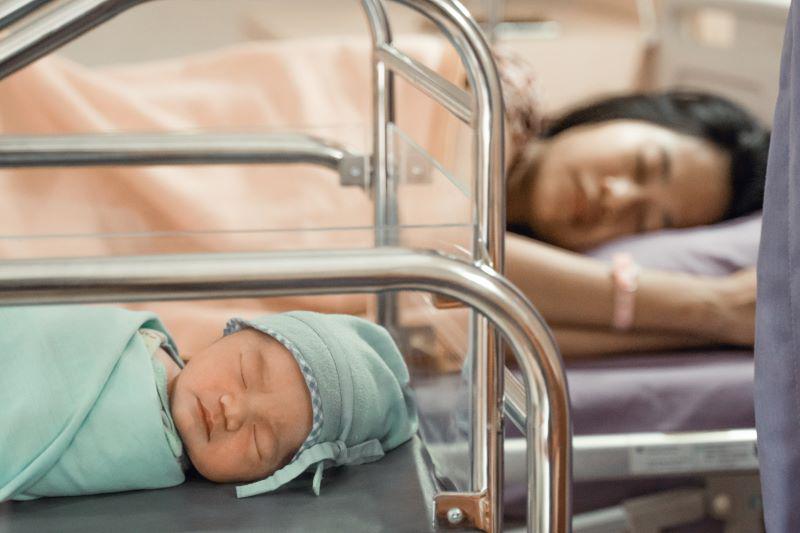
The American Cancer Society has expanded its recommendations for who should get lung cancer screening. The updated guidance now says annual screening should start at a younger age and among those who smoke less, and it should continue regardless of how many years ago a former smoker may have quit. “If you are a person… read on > read on >


















